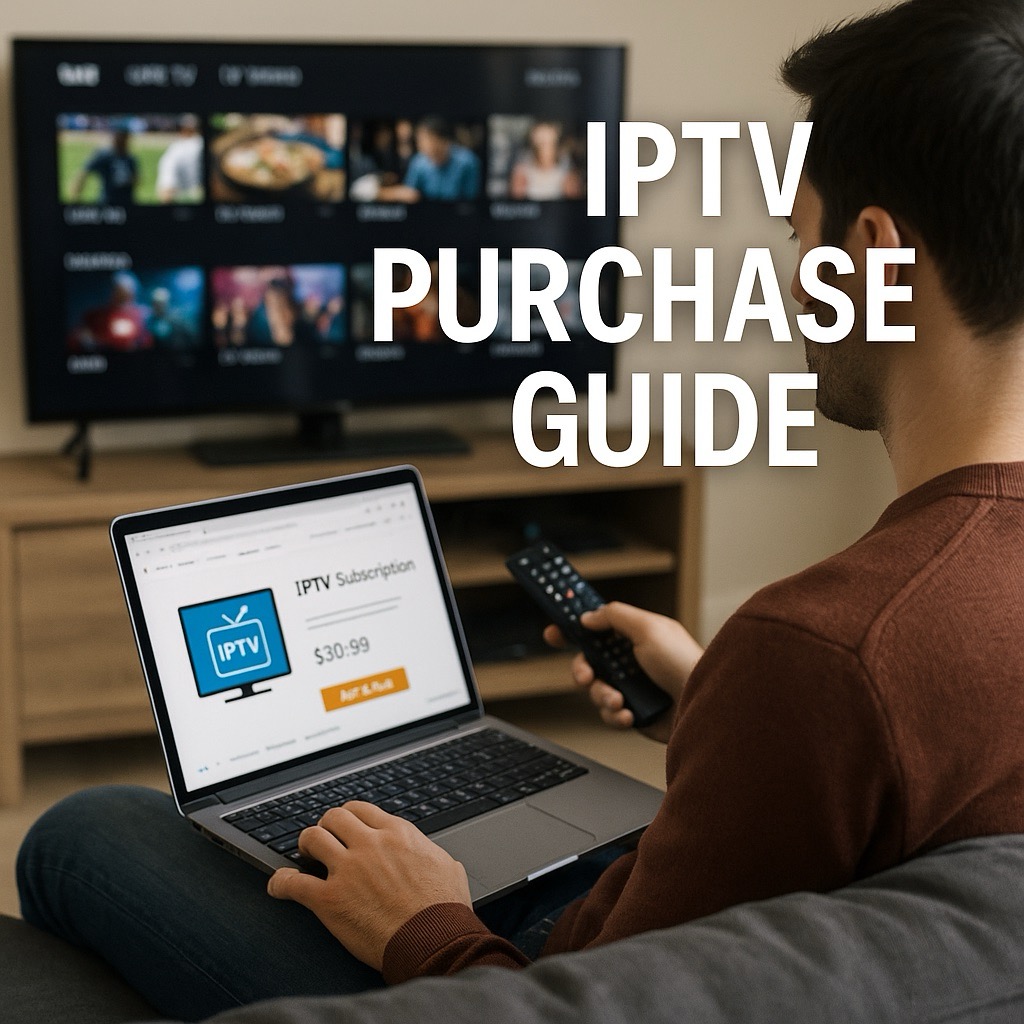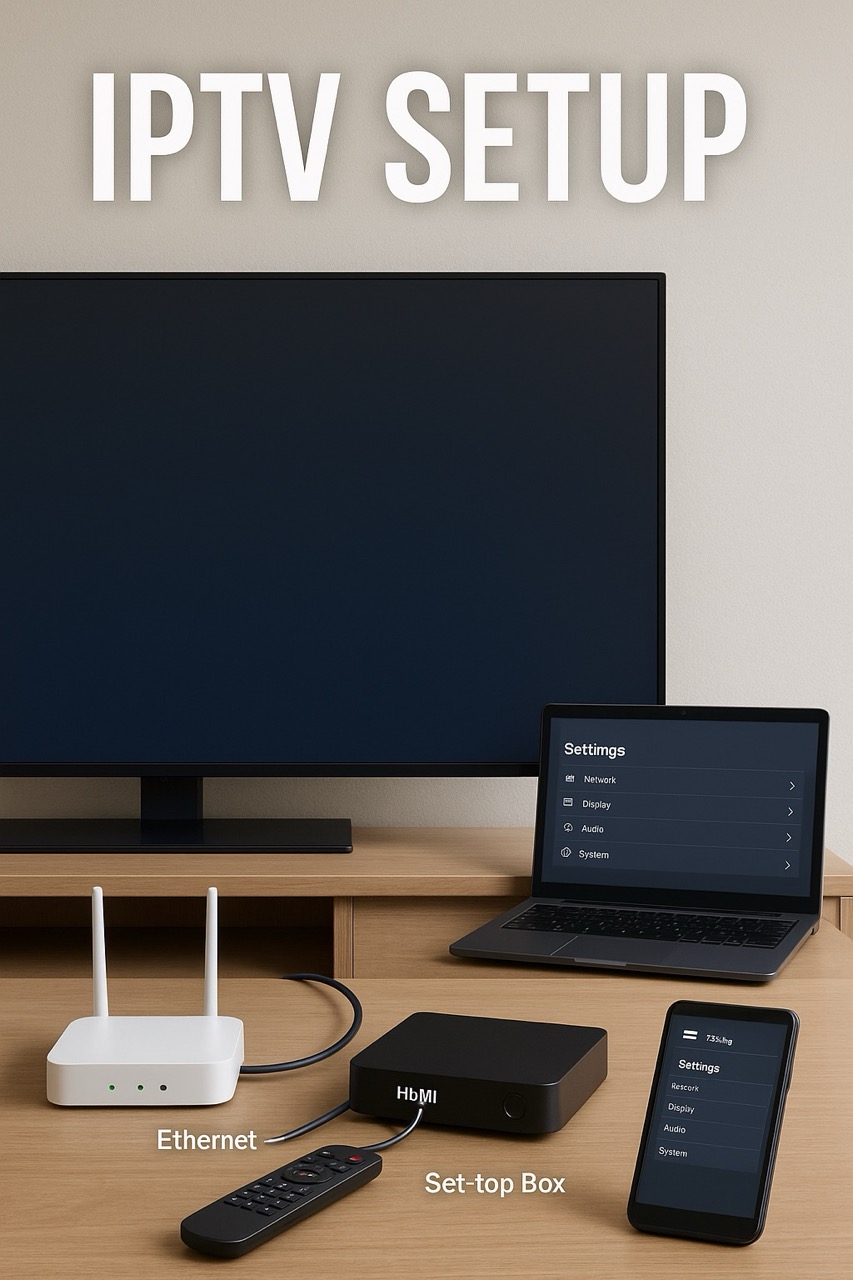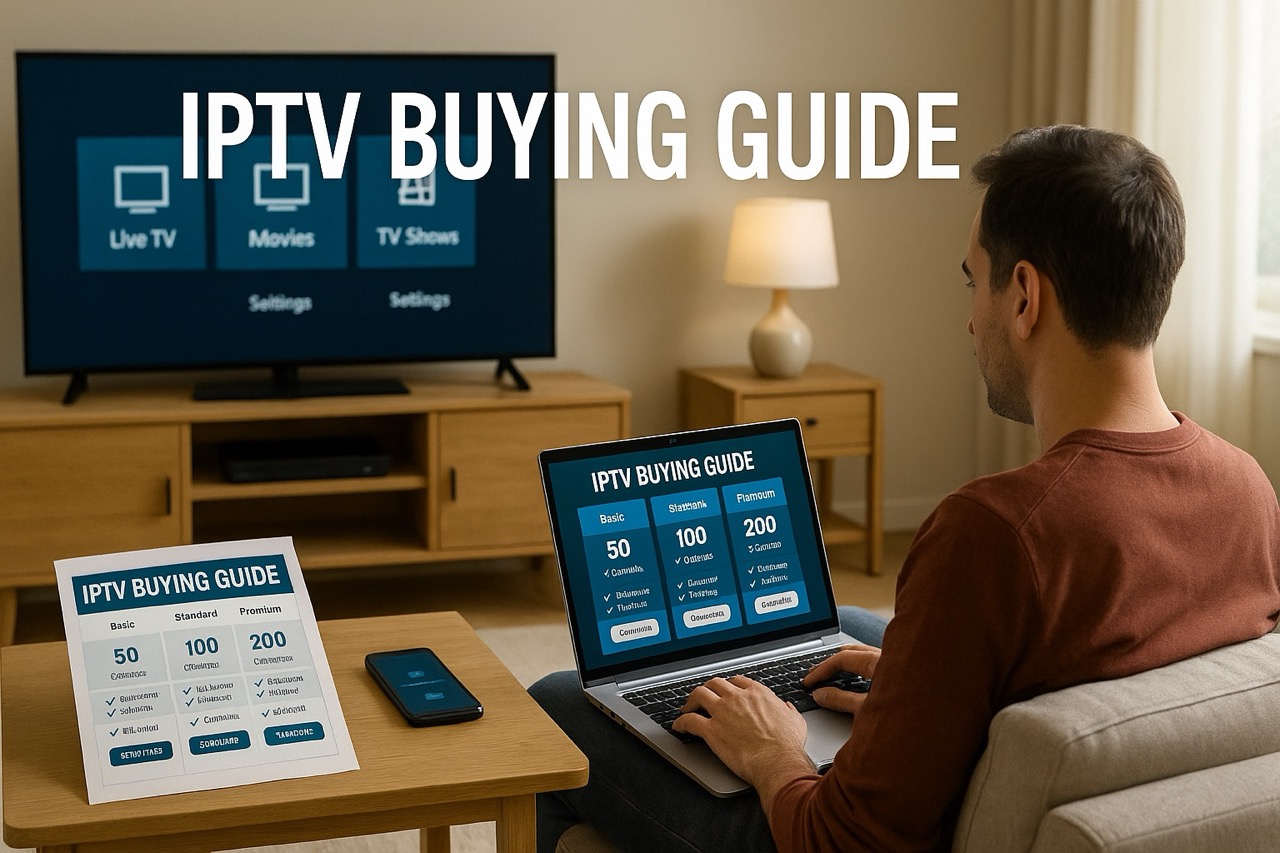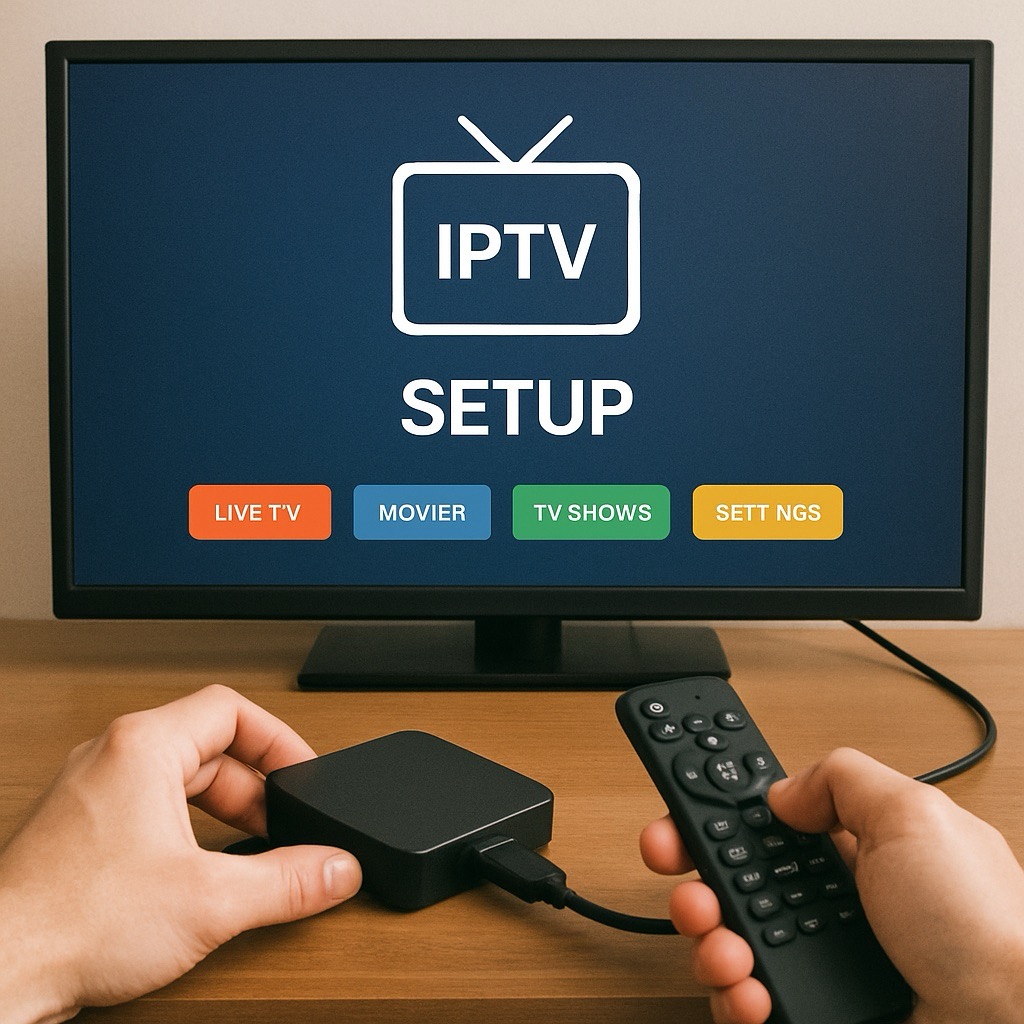IPTV Test Broadcast: What It Is and How to Do It
IPTV, or Internet Protocol Television, is a technology that enables the delivery of digital television broadcasts over the internet. Unlike traditional cable and satellite television, IPTV uses an internet connection to deliver content to viewers.
An IPTV test broadcast is a trial process that allows users to experience an IPTV service before purchasing. These test broadcasts are typically short-term and give users an idea of the IPTV service's quality, content variety, and usability.
Why IPTV Test Broadcast?
IPTV test broadcasting gives users a chance to see how the service works. Users can:
- Evaluate whether the service is compatible with their internet connections
- Test user-friendly interfaces
- Identify potential technical issues
- See if the offered content matches their viewing preferences
How to Perform an IPTV Test Broadcast?
1. Provider Selection
The first step is to choose an IPTV service provider. There are many providers in the market, and each offers different content packages. It's important to research and compare different options.
2. Request a Free Trial
You can request a free trial broadcast by visiting your chosen provider's website. Options like "IPTV free trial" or "IPTV test stream" are usually offered. Complete your application by filling in the required information.
3. Download and Install the IPTV Application
IPTV applications are compatible with various platforms such as Android, iOS, Windows, and macOS. Download and install the application recommended by your provider on your device.
4. Login and Start Watching
Log in to the application using the login credentials provided by the provider. You can start exploring content by accessing the test broadcast.
Experience the Difference with NextServe IPTV
If you're researching IPTV test broadcasts, you can take advantage of NextServe IPTV's 24-hour free trial service. NextServe IPTV stands out with its high-quality streaming, extensive channel selection, and user-friendly interface. Discover our service with a free trial and see what the IPTV experience should be like. We offer a seamless experience with uninterrupted broadcast quality and 24/7 technical support.
What to Consider During IPTV Test Broadcast
Internet Connection Speed
- Minimum 5 Mbps for HD content
- Minimum 25 Mbps internet speed required for 4K content
Content Variety
During testing, evaluate the variety of channels and content offered. Make sure there is content that suits your viewing habits.
User Interface
Test how easy the application is to use. It's important that navigating between menus and accessing content is simple.
Technical Support
Evaluate the technical support services offered by the provider. It's important that they can provide quick and effective solutions when you experience problems.
Conclusion
IPTV test broadcasting is a valuable process for users to experience a service before committing long-term. Choosing the right provider and carefully evaluating the trial period can increase your satisfaction in the long run. A good IPTV service should provide quality content as well as a seamless viewing experience.
Get Started with NextServe IPTV
If you're looking for a reliable IPTV service, we recommend trying NextServe IPTV. With our 24-hour free trial offer, you can test our service risk-free. With thousands of local and international channels, VOD content, and uninterrupted streaming quality, NextServe IPTV takes your IPTV experience to the next level. Start your free trial now and experience the difference!
Related Posts

What to Consider When Buying IPTV
What should you pay attention to when purchasing an IPTV subscription? In this article, we cover the important points to consider when choosing an IPTV service.

IPTV Setup Guide: Step-by-Step Instructions for All Devices
We explain step-by-step IPTV installation on Smart TV, Android Box, iOS, computer and all other devices. Detailed guide for seamless setup.

Buy IPTV: Guide and Tips
Comprehensive guide on what to know during the IPTV purchasing process, provider selection, device compatibility and security issues.
